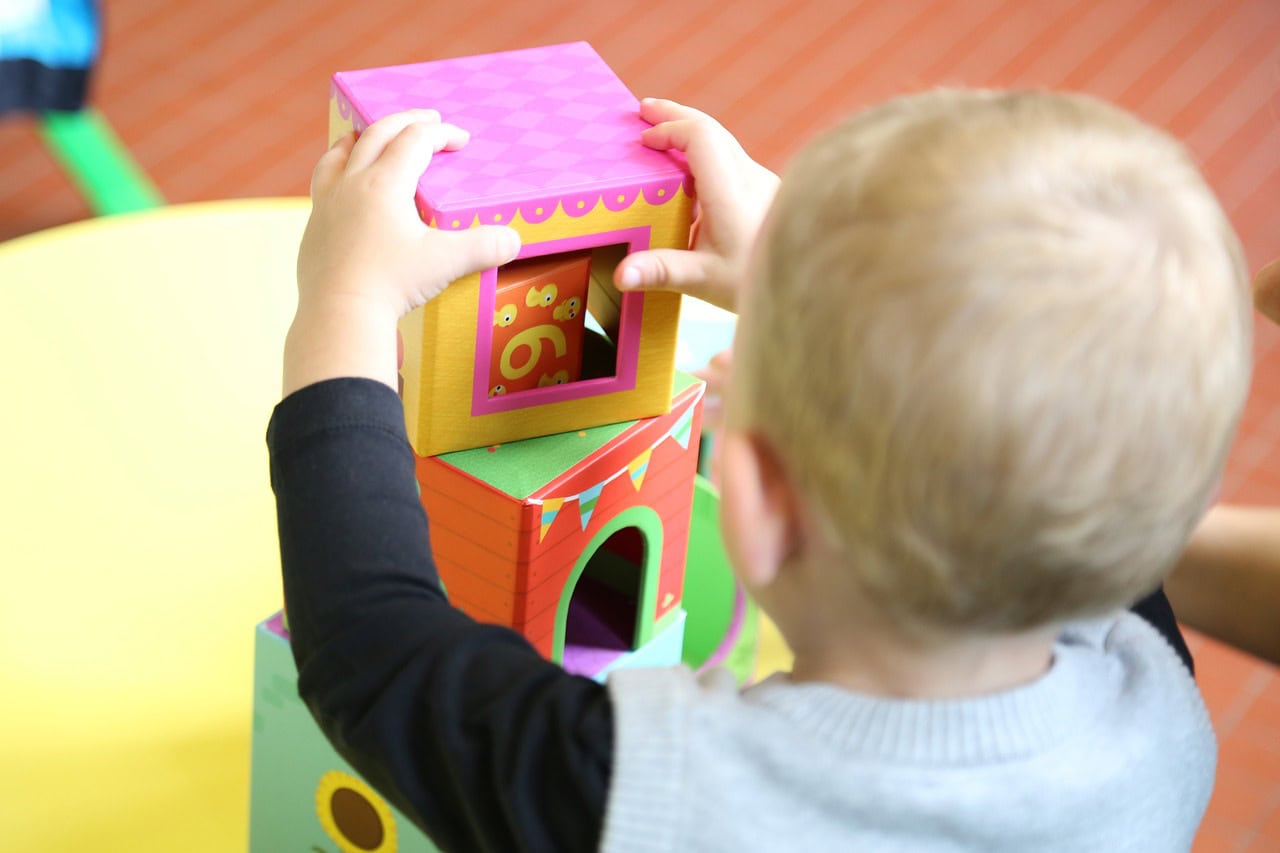Adaptation to Nursery School and the Child’s Emotions

The first days of attending nursery school represent a significant change for a child. This situation often triggers strong emotions—both positive and negative—which is why the entire adaptation process can be full of challenges for both the child and their parents.
What is crucial during this process is preparing the child for nursery school.
Why shouldn’t you wait until the first day when the child is left in nursery under the care of teachers? How can you properly prepare and support the child to ease them through this difficult period of adaptation? How long might the adaptation take? Find out below!
How to Prepare a Child for Adaptation?
It’s important to gradually introduce the child to new realities. A good idea is to visit the nursery before the child stays there for longer periods. This way, the child can become familiar with the environment, caregivers, and other children. This minimizes the stress associated with sudden changes.
Talking to your child about nursery school also plays an important role. It’s worth explaining in simple terms what will happen there—describing daily activities, games, and how other children might behave. The child will know what to expect and feel safer. A few weeks before starting nursery, it’s helpful to establish a home routine similar to that of the nursery, including regular meals, naps, and playtime.
How Long Does It Take for a Child to Adapt to Nursery School?
The length of adaptation can vary depending on factors such as the child’s temperament and previous experiences. For some children, adaptation may only take a few days, while others may need several weeks to get used to being away from mom or dad. On average, the adaptation period lasts 2 to 4 weeks. Throughout this process, the child may experience various emotions—ranging from enthusiasm to uncertainty, sadness, or even anger. It’s essential to give the child time and not expect them to adjust immediately.
What Should Effective Adaptation Look Like in the First Days of Nursery?
The first days in nursery should start with gradually introducing the child to its daily routine. Initially, the child should only stay for a few hours, not the entire day. This way, they can slowly adjust to the new environment without feeling overwhelmed by excessive stimuli. Gradually, the time the child spends in the nursery can be extended.
It’s also important for parents and nursery staff to work closely together, discussing the child’s needs and responding to their emotions.
How Can You Ease Your Child’s First Days in Nursery?
Let the child bring a favorite toy or blanket—something that provides them with a sense of security and reminds them of home. Familiar objects can be comforting during moments of stress or uncertainty. It’s also important that goodbyes with parents are short and calm. Prolonged farewells only heighten the child’s anxiety. Establishing a morning ritual, such as having breakfast together or saying goodbye with a song or rhyme, can also reduce stress and provide a sense of stability and predictability. Parents should remain calm and positive, as children pick up on their caregivers’ emotions.



